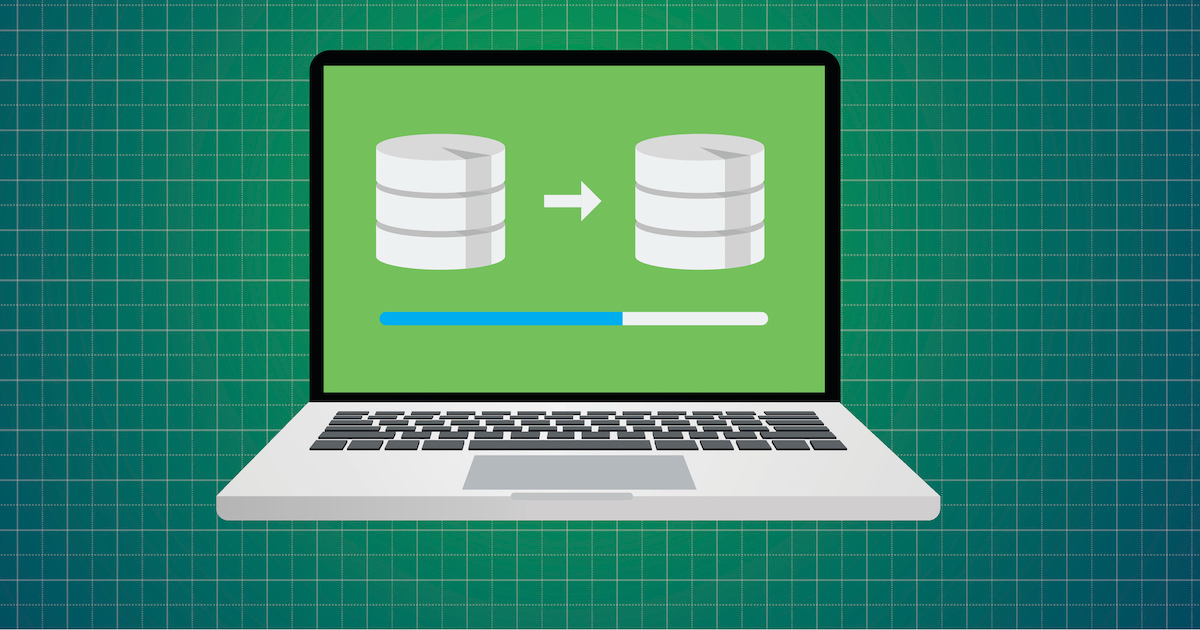Nexla recently introduced Express, a conversational data engineering platform designed to dramatically lower the barrier for building data pipelines for AI applications. The platform lets users describe the data they need in natural language – for example, “pull customer data from Salesforce, merge it with Google Analytics, and create a data product” – and the system automatically discovers, connects, and transforms the right sources into secure, production-ready pipelines.
Express is powered by Nexla’s agentic AI framework, which understands user intent, locates the data, and handles transformation without requiring manual coding. This enables developers, analysts, and even business users to self-serve their data needs in minutes, eliminating the delays and complexity often associated with traditional data engineering work.
The platform is immediately available as a standalone product with usage-based pricing, making it accessible to individuals and small teams. Nexla says that Express complements its broader data integration platform, helping to accelerate new users’ onboarding and adoption.
Nexla also outlines a range of use cases for Express: analysts can build customer dashboards in minutes; AI engineers can stitch together rich context from databases, documents, and APIs; claims teams can convert policy documents into structured data; marketing managers can connect campaign and sales systems to measure ROI in real time; and operations teams can aggregate logistics data across multiple providers, all without needing to write pipeline code.
Saket Saurabh, CEO and co-founder of Nexla, in a GlobeNewswire article, described the launch as “data engineering transformed into context engineering,” adding that the platform allows “anyone who knows the outcome they want… to work with data conversationally and reliably… in minutes.”
Under the hood, Express builds on Nexla’s existing metadata-driven integration technology, which has been extended with conversational agent capabilities. Earlier this year, Nexla expanded its agentic AI foundation through deep integration with its no-code GenAI tools and retrieval-augmented generation (RAG) pipeline architecture.
By comparison, Databricks offers Databricks Assistant, which also supports conversational queries over data. This assistant helps users generate SQL or Python code, explain complex queries, and even fix code errors, all within the context of the user’s workspace. It’s well-suited for data engineers and analysts familiar with Databricks, but doesn’t fully automate end-to-end pipeline assembly in the same way Express does – it’s more of a code-generation and support tool than a no-code workflow builder.
Snowflake is another strong contender. With Snowflake Intelligence, the company is building conversational agents on top of its data platform: Cortex Agents enable reasoning over structured and unstructured data, Cortex Analyst supports natural-language to SQL querying, and Cortex Search allows semantic search over document repositories. This architecture provides rich context with metadata and lineage for conversational AI, but unlike Express, Snowflake’s model is tightly coupled to its own storage and compute engine rather than offering a broad “pipeline-as-agent” experience./p>
In the open-source space, Airbyte is often used for data integration, but it does not currently emphasize conversational or agentic data workflows; it’s more focused on traditional ETL/ELT pipelines. Meanwhile, platforms like KNIME offer visual, modular data flow construction with a no-code interface, but lack pervasive natural-language conversation or autonomous agent orchestration.
With Express, Nexla aims to solve a critical bottleneck in AI adoption: making it faster, easier, and more secure for all users, not just data engineers, to ready data for AI. The company is positioning its new tool as a key enabler for “AI-ready” data access at the speed and scale modern enterprises demand.









